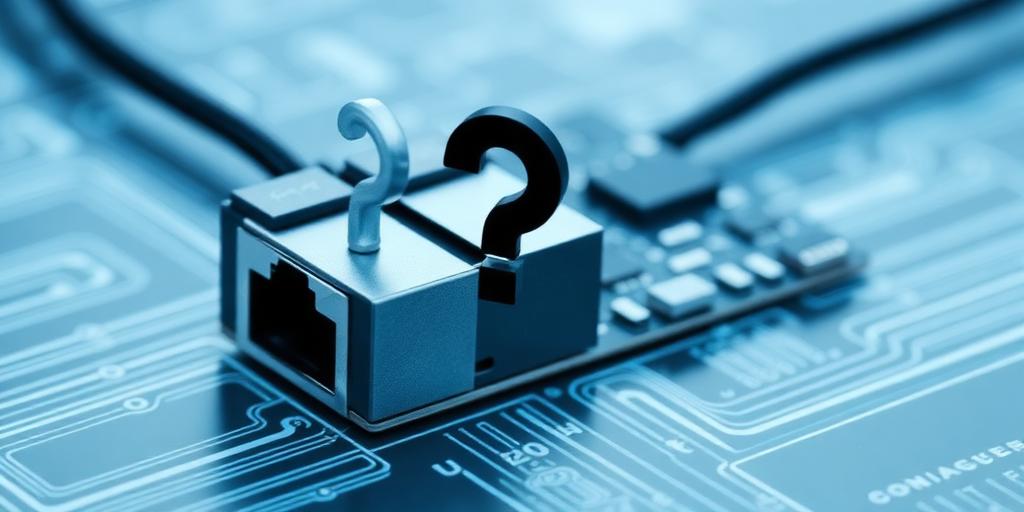MAC Address Spoofing: Does It Really Make You Anonymous?
In the realm of digital privacy, MAC address spoofing is often touted as a technique to enhance anonymity. But how effective is it, really? This article dives into the details, separating fact from fiction.
What is a MAC Address?
Before we delve into spoofing, let's define what a MAC address is. MAC (Media Access Control) addresses are unique identifiers assigned to network interfaces, such as your computer's Wi-Fi card or Ethernet adapter. Think of it as a hardware serial number for network devices. MAC addresses are used for identifying devices on a network at the data link layer.
What is MAC Address Spoofing?
MAC address spoofing is the technique of changing the MAC address of a network interface. This can be done using software tools available for various operating systems. When you spoof your MAC address, your device presents a different identifier to the network.
Why Do People Spoof MAC Addresses?
- Privacy: To prevent tracking by network administrators or service providers.
- Security: To bypass MAC address filtering implemented by some networks.
- Access: In some cases, to gain access to networks that require MAC address authentication.
- Troubleshooting: To resolve MAC address conflicts or network connectivity issues.
How Effective is MAC Address Spoofing for Anonymity?
While MAC address spoofing can provide a basic level of privacy, it is not a foolproof method for achieving complete anonymity. Here's why:
- Limited Scope: MAC addresses are primarily used within local networks. Once your traffic leaves the local network, it's your IP address that becomes the primary identifier.
- IP Address Tracking: Your IP address can still be used to track your online activities. Even with a spoofed MAC address, your IP address remains visible to websites, online services, and your internet service provider (ISP).
- Correlation: Advanced tracking techniques can correlate your online activities across different MAC addresses and IP addresses. This is often done through browser fingerprinting, cookies, and other tracking mechanisms.
- Network Logging: Network administrators can log MAC addresses along with other information, such as timestamps and associated IP addresses. This can be used to deanonymize users, even if they are spoofing their MAC addresses.
Alternatives and Complementary Measures
If your goal is to enhance your online anonymity, consider these alternatives and complementary measures:
- Virtual Private Network (VPN): A VPN encrypts your internet traffic and masks your IP address, providing a higher level of anonymity.
- Tor Browser: Tor routes your traffic through a network of relays, making it difficult to trace your activities back to your IP address.
- Proxy Servers: Proxy servers act as intermediaries between your device and the internet, hiding your IP address.
- Privacy-Focused Browsers: Use browsers like Brave or Firefox with privacy-enhancing extensions to block trackers and protect your data.
Conclusion
MAC address spoofing can offer a small degree of privacy on local networks, but it is not a comprehensive solution for online anonymity. For more robust protection, combine it with other privacy-enhancing tools and practices, such as VPNs, Tor, and privacy-focused browsers. Understanding the limitations of MAC address spoofing is crucial for maintaining a realistic perspective on digital privacy.









